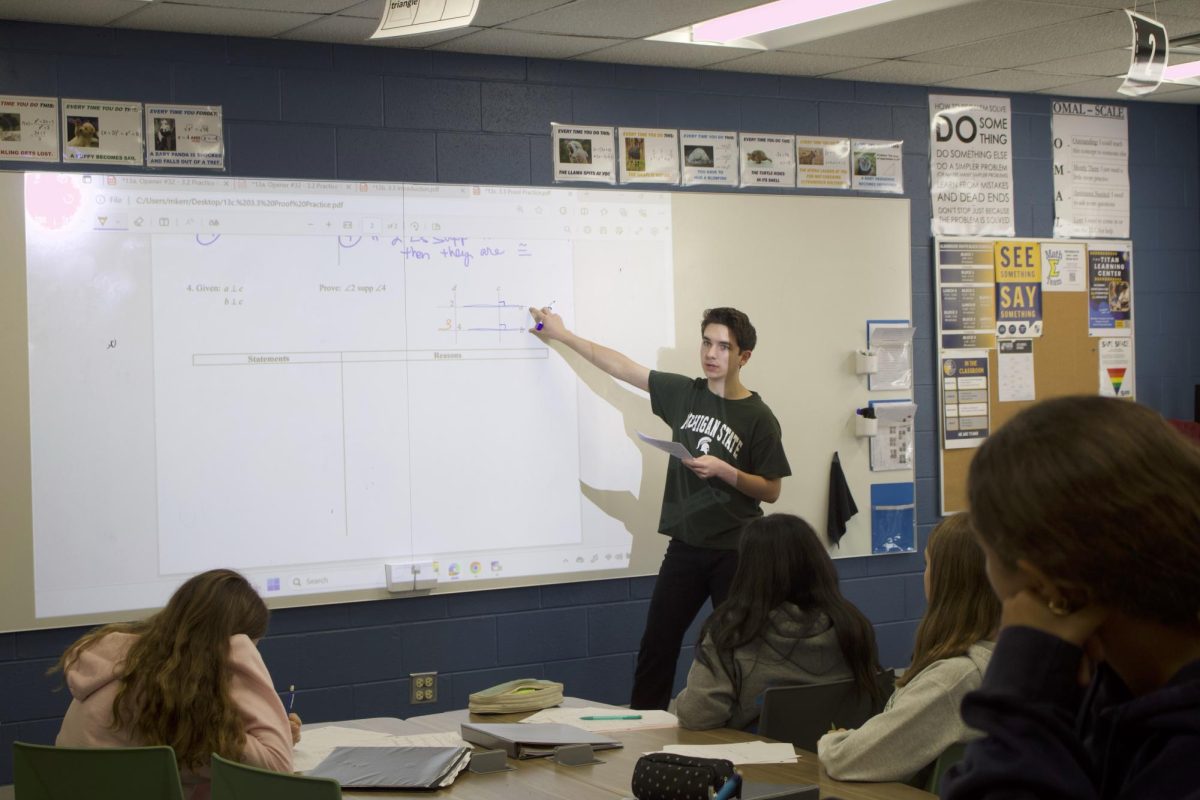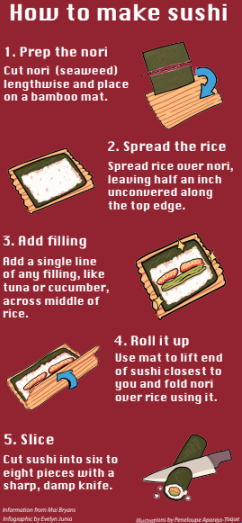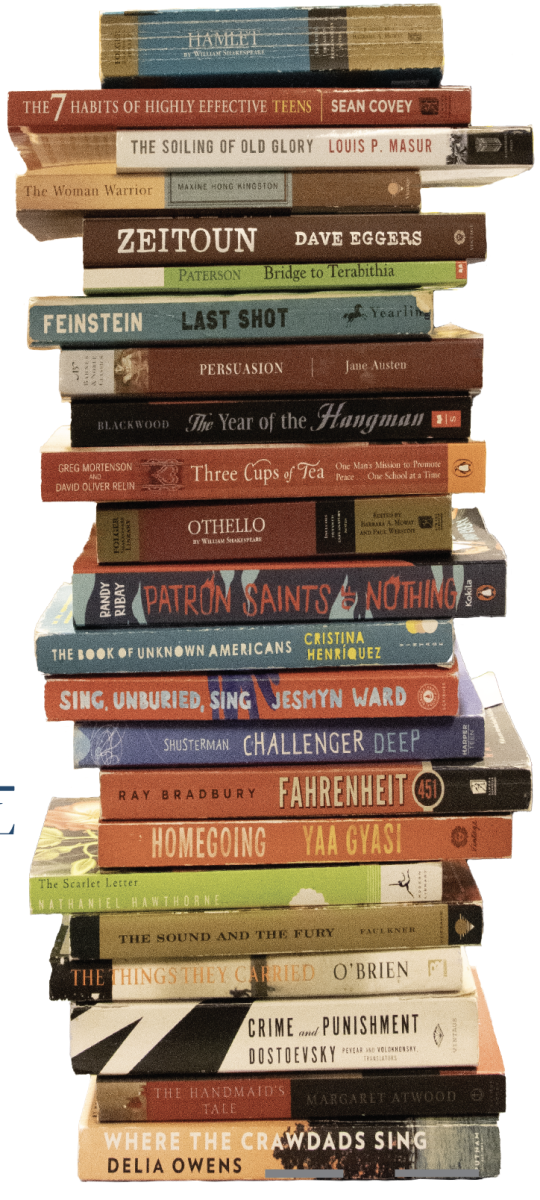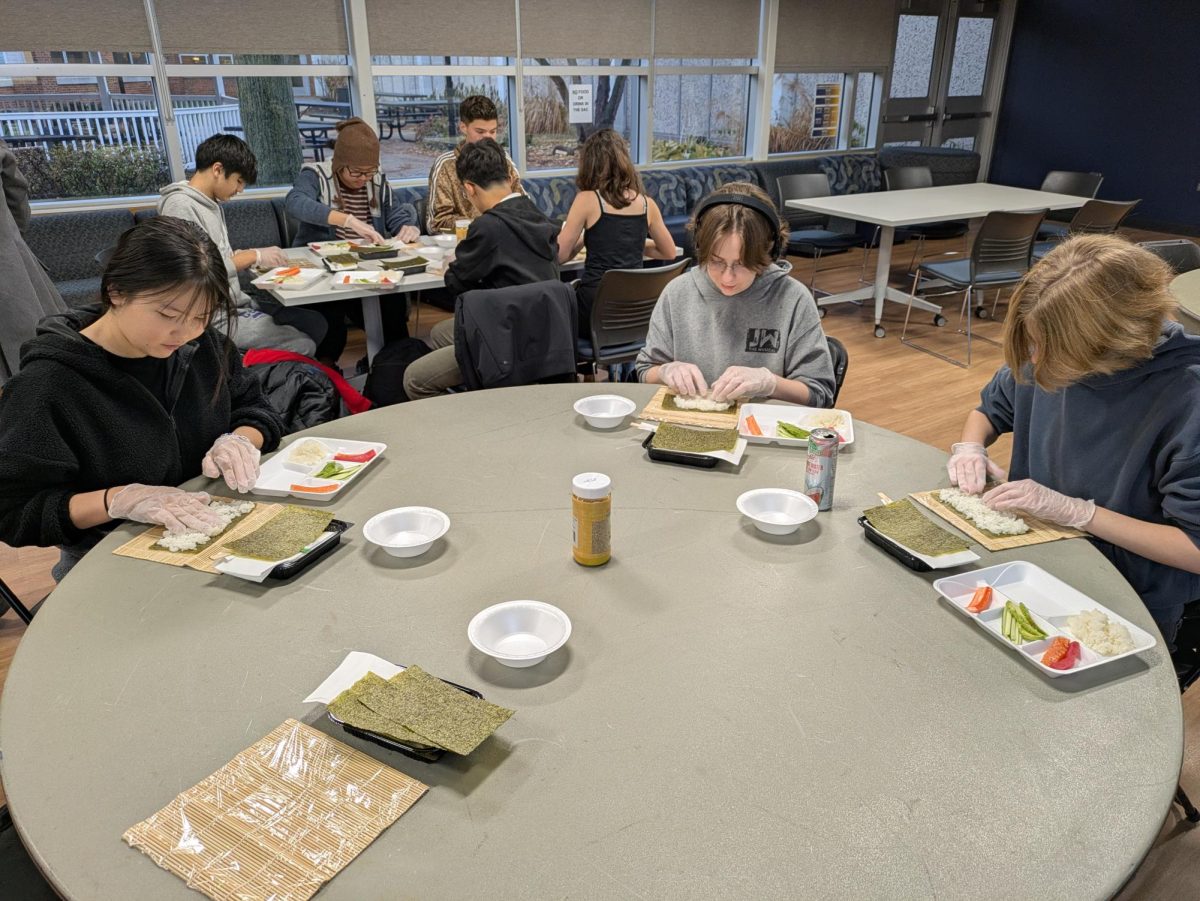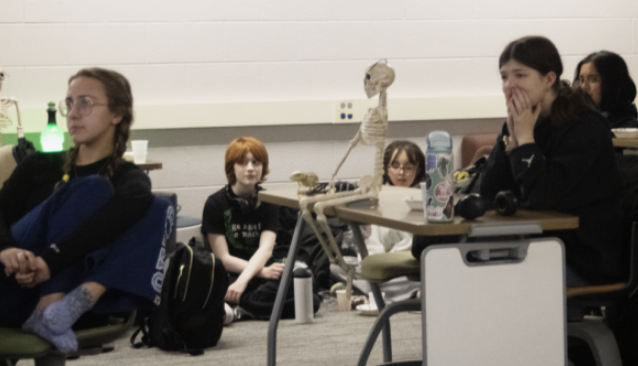Not sure what to expect, junior Irmuunzaya Byambatsogt stepped into her freshman English class for the first time two years ago. As a sophomore, she had a much better idea. And this year? The class is a breeze. Now as a Titan Teaching Assistant (TA), she was determined to sharpen her teaching skills and help the freshman in English class grow to their full potential.
Titan Teaching Assistant Program (TAP) is a program-first piloted at South in 2021- with the mission of encouraging student leadership while fostering learning in classrooms, English Teacher Gwen Quigley explained. The role of a teaching assistant (TA) can range from working with small groups of students to leading lectures in front of the class, John O’Malley, Math Teacher and co-founder of the TAP program said.
Since its inception three years ago, O’Malley has seen the program expand and the roles for its student participants grow and evolve, he said.
“In the beginning, the program was just a few students I had in my class and now it has blossomed to teachers [and students] in every department,” O’Malley said. “It has been great to see so many students taking on a leadership role and having access to learn new skills.”
TA’s can also benefit by being able to understand a classroom environment from the teacher’s point of view, Quigley explained.
“Everyone who has TA’d for me has [become] more confident in the content area for English,” Quigley said. “They got a more top-down perspective by [assisting me] in my English class [and] it made them better readers and writers.”
Participating in TAP not only strengthens academic skills, but also expands leadership and life skills, sophomore Kenneth McCarthy, TA for Honors Geometry, explained.
“[The way] we develop [life] skills is not just [by] learning how to take notes and be a productive student, but [by] trying to develop and foster strategies for effective learning in the class,” McCarthy said.
TAs and teachers work side-by-side to foster a community, Quigley said. The bonds formed between TAs and the students in their class helps uplift the classroom’s atmosphere and encourages students to participate more, Byambatsogt added.
“[The TAP program] helped me build relationships with students that [I] might have otherwise not been able to,” Byambatsogt said. “[I always encourage everyone to] ask for help and that really helps them come out of their shell.”
South offers a wide range of opportunities for its students, and TAP is just one way for students interested in teaching to begin gaining experience in the field, McCarthy said. The TAP programming encourages resilience and problem-solving skills in the students involved, invaluable skills that are useful in any field, McCarthy elaborated.
“Kids have very excellent questions, and I [try] to support these kids as much as possible,” McCarthy said. “Embracing the challenges that we face in the classroom day to day, week by week, is really [at] the core of what I strive to do in the classroom.”


